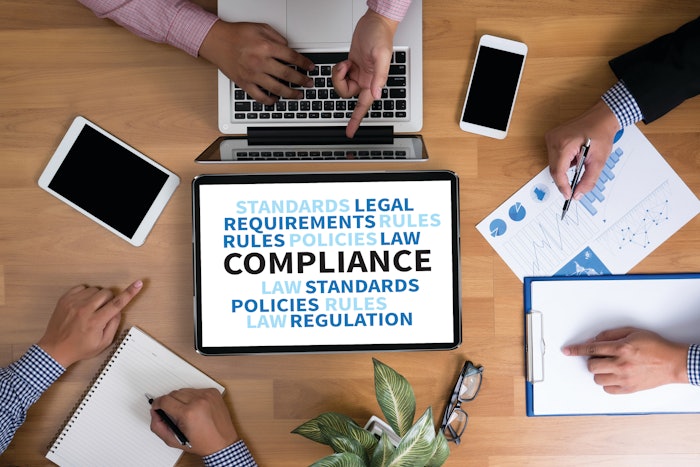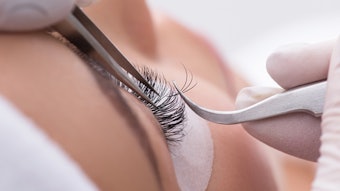
As a recap from our July regulatory column, we discussed why California is increasing their citations for estheticians using certain devices. There is a huge misunderstanding happening with our board on what the scope of practice for estheticians should be, with many regulators seeing it as a subset for cosmetology with less education. The question we need to ask ourselves as an industry is: what really is the future of esthetics?
Related: Estheticians Cited For Practicing Medicine
Our job is not just to sell a product line, use a certain device, or be an internet influencer but to provide services to help our clients improve and sustain their skin health. Our priority always must be the client, this includes safety, care, and personalization of all treatments. When it comes to making sure your career is sustainable, your business or place of employment should be safe and compliant. Here are some must follow tips to keep your skin care practice compliant.
1. Education and Training
Keep up with ongoing education to stay informed about new treatments and legal changes. Knowing the legal scope of your practice helps avoid unintentional violations. Always have adequate training before performing a new service. Sorry, social media videos don’t cut it, especially with advanced modalities. It’s a good overview but not the type of training you need for safety and good results.
2. Understand Medical Supervision
Working with licensed medical professionals can expand your service offerings while ensuring compliance with the law. However, be cautious about states with corporate practice of medicine laws. This is a very problematic issue within our profession, as many services really should not be classified as a medical procedure like microdermabrasion which is not allowed without supervision in Michigan.
3. Clear Communication with Clients
Be transparent with clients about what treatments you can legally perform. Refer clients to medical professionals for procedures outside your scope. Remember you are their skin health coach; we are often the front line to identify skin problems early and a timely referral can make a huge difference in some disease outcomes.
4. Be Wary of Exaggerated Claims and Advice
Often, we want to market our services using claims from manufacturers. With many manufacturers, this is not a bad thing. With others, you need to be wary. The FTC is very clear about misleading consumers. It’s essential for you to fully understand product or device claims and not overpromising results. Anything that sounds like a medical claim from a manufacturer can impact you. Also, please do not follow advice from a manufacturer that may put you at risk.
For example, recently I was informed of a manufacturer providing advice to put a sign up on the door of a treatment room that states the area is outside of the jurisdiction of the cosmetology board inspectors. This is not legal and does nothing more than bring attention to the fact that you may have out of scope modalities being performed. Furthermore, if a facility is performing any services that fall under cosmetology statute they must have a facility license. This includes a medical practice or medspa setting as well.
Be Vigilant and Updated
The fast evolution of the professional skin care industry requires estheticians to be vigilant about legal standards. Remember, you’re a licensed professional who has worked hard to get here, cares deeply about the safety of your clients, should be fairly compensated and be treated with respect.










